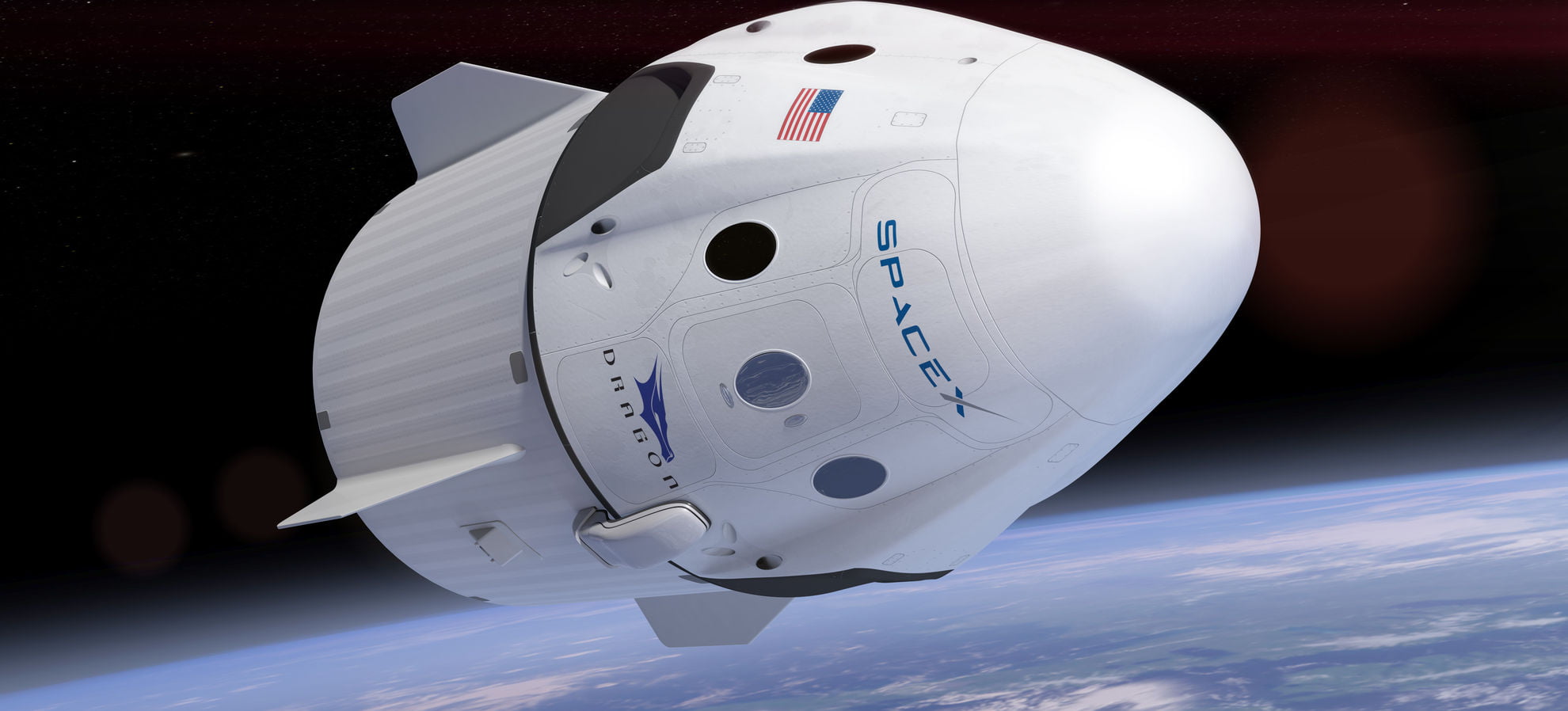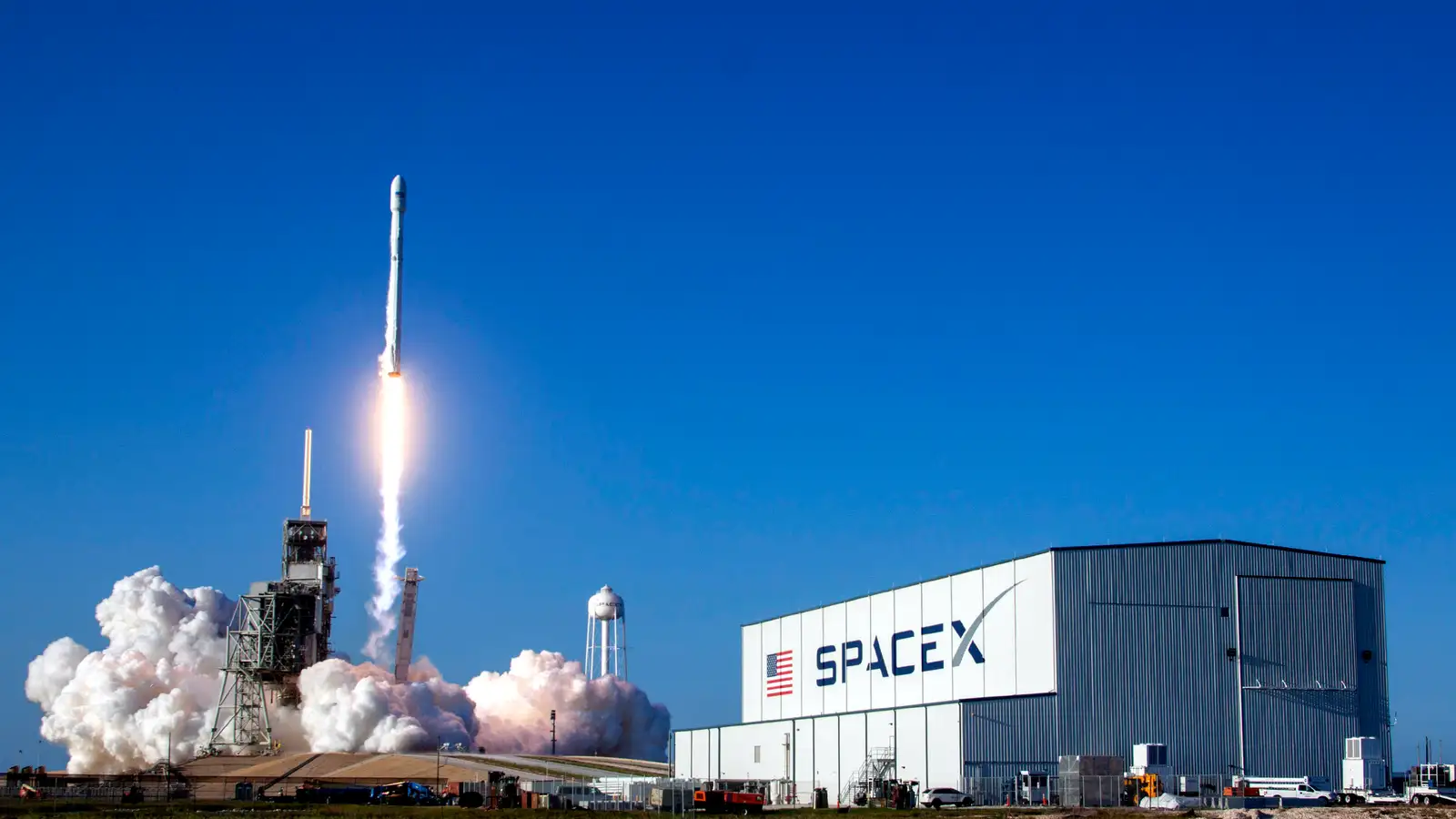In an age where technology transcends terrestrial bounds, the heavens have become the next battleground for global dominance. The recent declaration by Russia, targeting SpaceX satellites as “legitimate targets for retaliatory measures, including military ones,” has sent ripples through the international community and the space industry.
This bold assertion underlines the escalating tensions between superpowers in the new frontier: space.

Russia Threatens US: The Spark That Lit the Fuse
At the heart of this cosmic controversy lies a classified contract, revealed by Reuters, between SpaceX and a U.S. intelligence agency. This agreement, estimated at $1.8 billion, involves the launch of hundreds of spy satellites under the Starshield project.
Elon Musk’s space exploration company’s foray into military operations, led by the visionary Elon Musk, underscores the increasing integration of private-sector advancements in national defense strategies.
Maria Zakharova, a spokesperson for the Russian Ministry of Foreign Affairs, expressed her disapproval of the United States’ utilization of commercial satellite operators in its espionage operations. Her statements to Reuters shed light on the growing anxiety among world powers on the militarization of space and the possibility of battle outside the atmosphere of Earth.
Russia threatens to target US spy satellites made by SpaceX https://t.co/MWAg9itIHQ
“We are aware of Washington's efforts to attract the private sector to serve its military space ambitions,” Russian Foreign Ministry Spokeswoman Maria Zakharova said, Reuters reported.
These…— laserlike (@Write7Dave) March 21, 2024
The Unseen War in Orbit
The development of space-based weapon systems by the U.S., Russia, and China marks a significant shift in global military tactics. The race to dominate this final frontier has led to the creation of technologies capable of destroying adversary satellites, threatening the security and functionality of global communications and reconnaissance.
Germany’s military officials have warned of the catastrophic consequences of deploying nuclear-powered anti-satellite weapons, as Russia is reportedly developing. Such technologies could annihilate all satellites within range, disrupting not just military intelligence but civilian life as we know it.

A Closer Look at Starshield
Starshield, SpaceX’s military-focused business unit, represents the cutting edge of space technology. Its mission to deploy a vast constellation of spy satellites aims to give the U.S. military unprecedented capabilities in global surveillance.
Through continuous imaging, these satellites could monitor activities worldwide, leaving no corner hidden from view. This advancement could significantly enhance the U.S.’s tactical advantage in a world where information is power. The partnership between SpaceX and the United States military, on the other hand, has not been devoid of controversy.
The decision made by Elon Musk to restrict the use of Starlink satellite technology by Ukrainian forces amid their battle with Russia has been met with criticism and has prompted inquiries over the dual-use nature of space technologies in the context of military conflict.

The Uncertain Horizon
As we stand on the brink of a new era of space warfare, the international community must grapple with the ethical and practical implications of militarizing the cosmos. Russia’s threats against Elon Musk’s space exploration company satellites bring to light the fragile nature of peace in space and the potential for conflict to escalate beyond Earth.
The relationship between the private sector, particularly companies like SpaceX, and national defense is more critical than ever. As governments rely more on private innovation for strategic advantages, the lines between civilian and military use of space continue to blur.
In this high-stakes game of cosmic chess, the moves made by global powers will determine the future of warfare, surveillance, and international relations. As tensions mount and technology advances, the space above us remains a domain of untold potential and peril.










